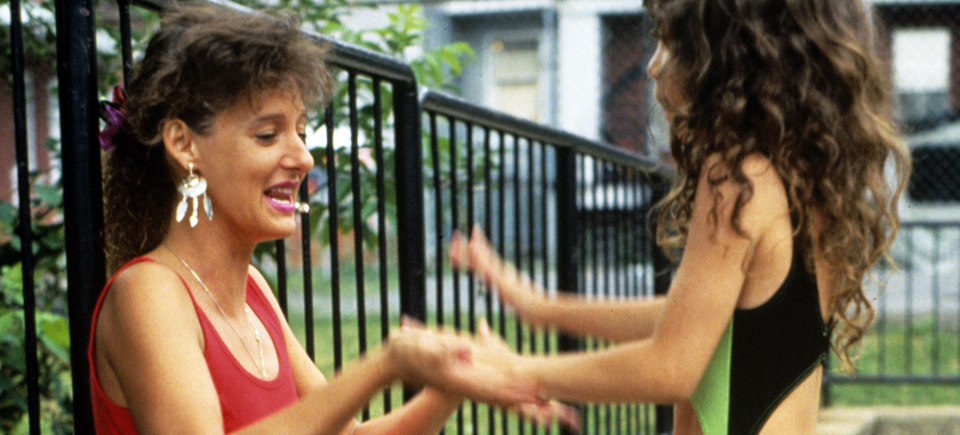
Watch Motherland: Tales of Wonder on NFB.ca
Watch Motherland: Tales of Wonder on NFB.ca
A sure fact about motherhood is that whatever the dreams you entertained about it before having a baby, the reality of it will catapult your socks off. Guaranteed.
A weird, unfathomable, and yet deeply ordinary experience, motherhood is invariably somewhat worse, and infinitely better than any vision a non-mother can conjure up.
Consider for example these reflections on motherhood that recently popped up on my Facebook thread, courtesy of two friends of mine who recently became moms.
“Am experiencing the terrifying joy of unbearable responsibility, aka motherhood,” declared one.
“One thing I’ve learned about entering motherhood is that it freaking hurts all the time,” offered the other, “physically, mentally and emotionally. No wonder women are such tough cookies. (Other than that, it’s great!)”
The complex beast that is motherhood is the topic of Motherland: Tale of Wonder (1994), a poignant feature documentary by independent filmmaker Helene Klowdawsky.
Motherland: Tales of Wonder, Helene Klodawsky, provided by the National Film Board of Canada
The film raises deep questions (What is a good mother? Where does the myth of the self-sacrificing mother come from?) and follows 7 moms in their day-to-day home interactions with children for answers.
These segments are craftily interspersed with outlandish Canadian educational films from the 1940s and 50s, when the notion that “Mother is at the root of all neuroses” was all the rage, as well as candid, deliriously funny/not-funny videos from the filmmaker’s own private collection. (A hair-raising sequence shows Klodawsky’s exploit at getting her 2 wailing kids in snowsuits and out the door – a Herculean feat.)
Although attitudes around motherhood have somewhat evolved since the film was shot in the mid-1990s (the notion that daycare ruins children is no longer in vogue, for example), the film still makes good points about what it means to be a mother:
- No narrative or prescription surrounding motherhood is ever accidental.
For instance, the harsh paternalism of the 1950s was required to “tame back” the strong women that had been living independently, working every type of job imaginable while men were busy fighting the Second World War. If wartime posters celebrated and empowered women (You Can Do It!), the post-war discourse emphasized the desirability of the docile wife who is happiest cooking, cleaning and minding her husband and kids.
- Change is possible, but it comes hard, and individually.
Society needs to change, yes, but individuals too. According to Helene Levine, a woman who led workshops for moms and speaks in the film, individual men is where the most hope for change is found. She goes as far as throwing fathers the gauntlet, saying that too many have been let off the hook for too long with regards to child care, ultimately enabling them to “remain adolescent.”
- Motherhood is the great equalizer.
Black, white, mixed, Jewish, Chinese, single, married, we are all equal – and at times equally overwhelmed – before the task of caring for and raising happy, well-adjusted children.
Alternately entertaining and wistful, the film doesn’t definitively answer the questions it raises, but it offers a warm and intelligent look at the people who bring people into the world what the concrete things they might need to be able to mother with more confidence and joy and less anxiety and fear.
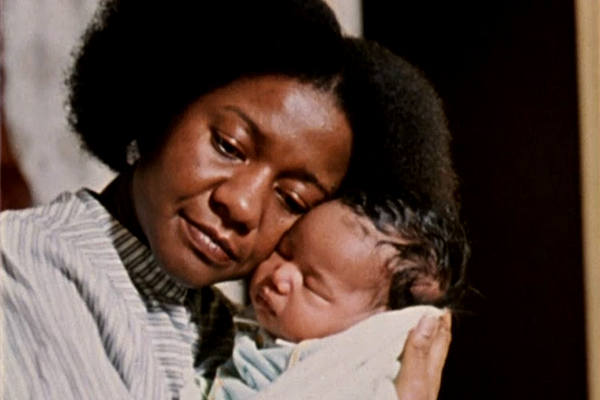
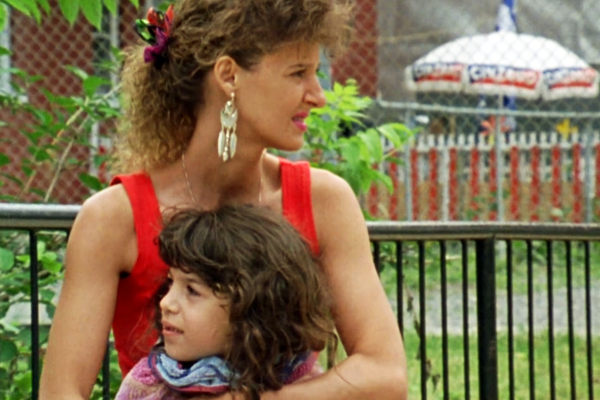
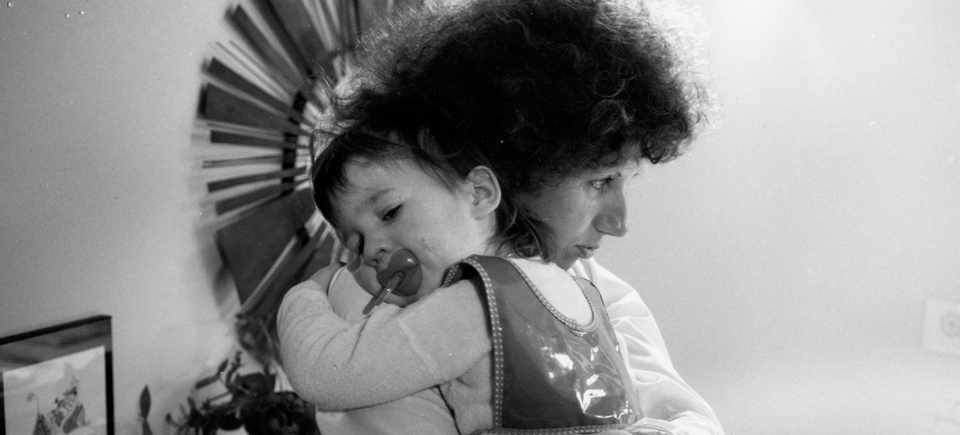


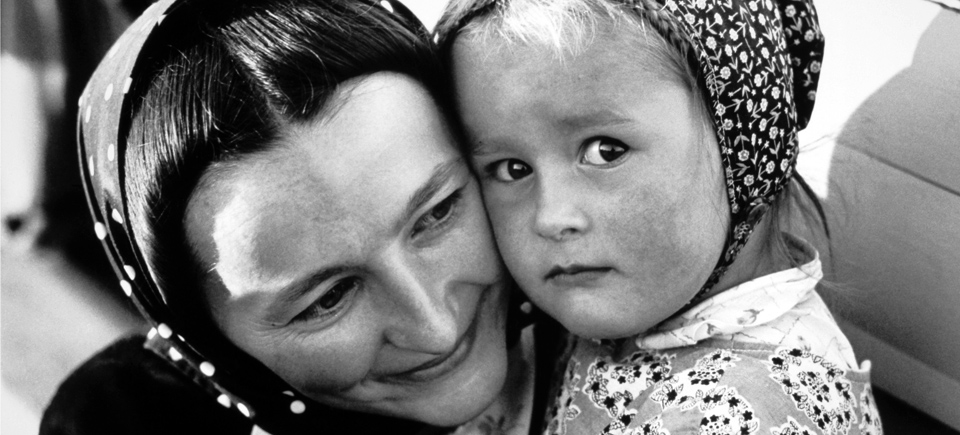
So relevant even in 2015!
Thanks!